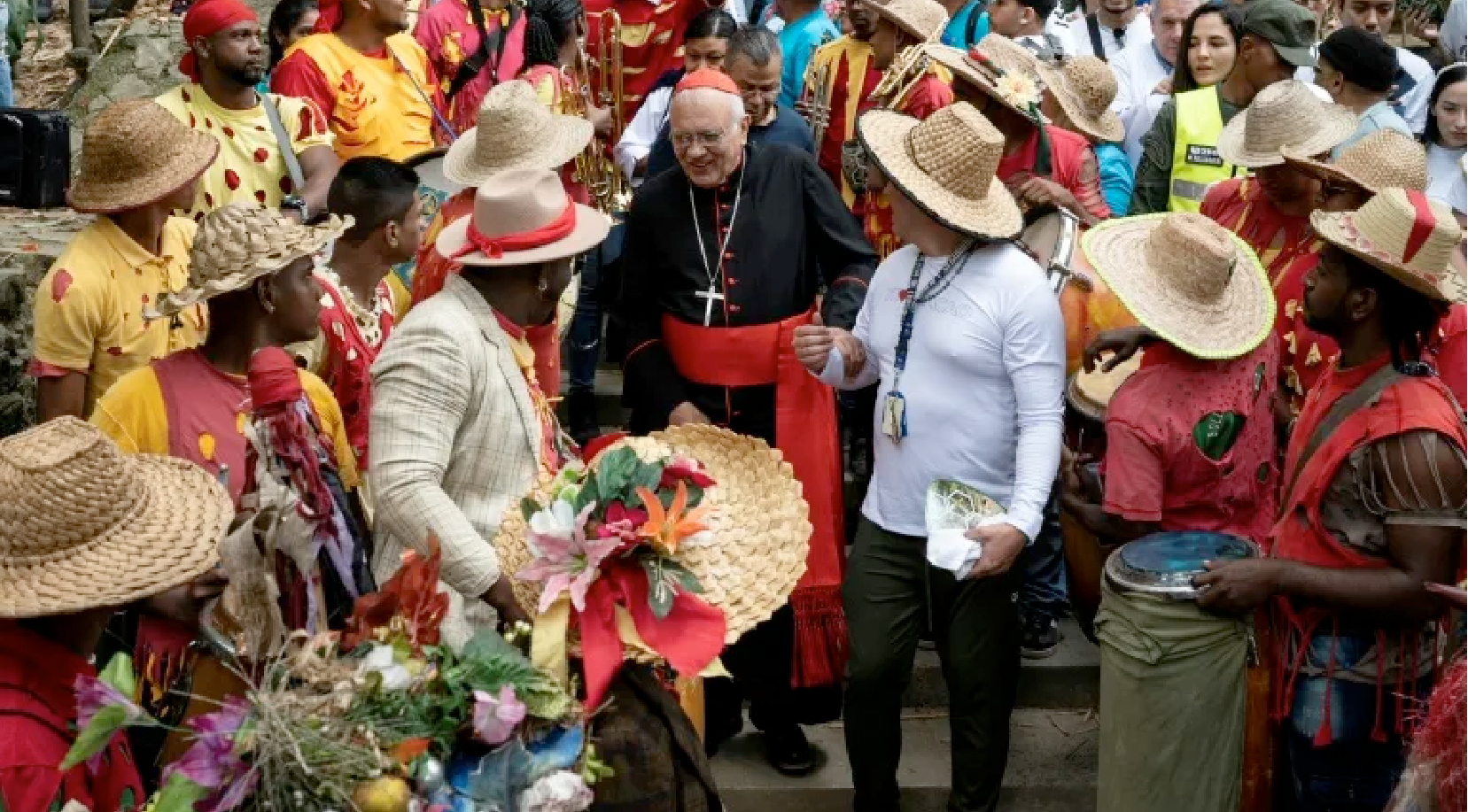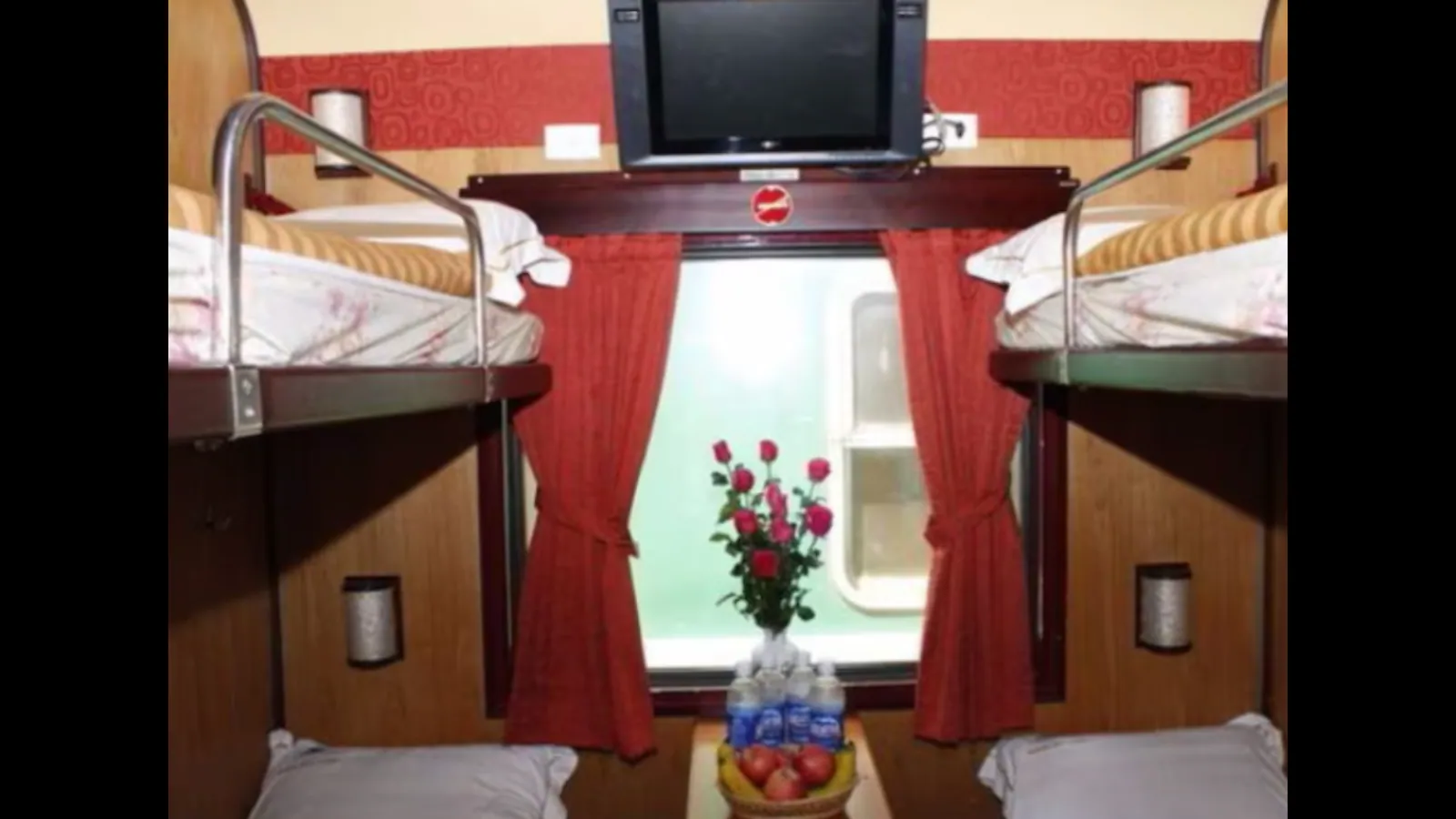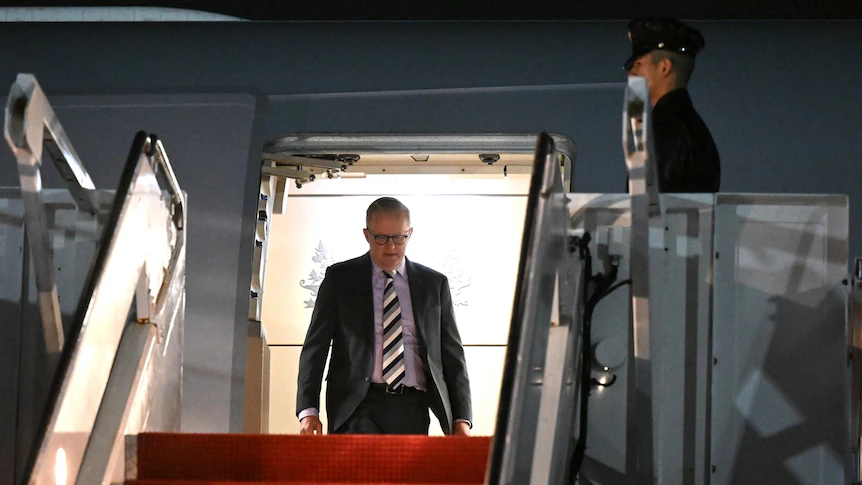Copyright zenit

(ZENIT News / Caracas, 10.28.2025).- In the days following the canonization of Venezuela’s first saints, a celebration that should have united the nation around faith and pride has instead revealed a deepening fracture between Church and State. What began as a moment of joy for Catholics has turned into a tense episode of confrontation, intimidation, and open hostility. On October 25, Cardinal Baltazar Porras, Archbishop Emeritus of Caracas and one of the most prominent voices in the Venezuelan Church, reported that government interference and military obstruction prevented him from reaching Isnotú, the birthplace of Saint José Gregorio Hernández. The cardinal had been scheduled to celebrate a Mass of thanksgiving there, part of the national celebrations marking the canonizations of Saint José Gregorio and Saint Carmen Rendiles. According to Porras, his state airline flight was abruptly canceled the night before—though he later confirmed that it departed and landed as scheduled, without him on board. Determined to continue, he chartered a private flight, but midway was instructed to make an unscheduled landing in Barquisimeto. “We were told that the Valera airport was closed due to strong winds,” he said, “but later learned that other flights were arriving normally.” What followed, the cardinal recounted, resembled a scene of intimidation more than a safety precaution. “We were surrounded by armed soldiers,” he said. “It was clear we weren’t free to move.” His attempts to continue by land were also blocked. “It’s troubling that one cannot travel freely within one’s own country,” he remarked, calling the episode “a violation of basic civil rights.” The prelate linked the incident to recent accusations made by President Nicolás Maduro, who publicly accused him of “conspiring” to obstruct the canonization of Saint José Gregorio Hernández. Days earlier, in a speech delivered in Rome, Porras had called for the release of Venezuela’s political prisoners—more than 800 people, according to the human rights organization Foro Penal. Ver esta publicación en Instagram “This is not how we should honor the legacy of José Gregorio,” Porras said, suggesting that the episode reflected not only an abuse of power but a spiritual contradiction. “He was a man of peace, and his canonization should invite us all to reconciliation, not repression.” The incident was not isolated. In the same week, another priest, Father Juan Manuel León, from the Archdiocese of Calabozo, received death threats after graffiti appeared behind his church’s altar in the town of San Juan de los Morros. The messages accused him of opposing the government and warned of violence. “I don’t engage in political campaigning during the Eucharist or in my ministry,” Father León said, “but I cannot hide my convictions. I do not support communism or the current regime.” Despite the threats, he said he would remain at his parish, working closely with diocesan and police authorities to ensure safety. “We must hold on to faith, hope, and love in Christ,” he told parishioners, “for He is our strength.” In an act of solidarity, parishioners gathered the same evening to repaint the defaced wall and filled the church for a Mass of reparation. “It was a moment of faith and unity,” said one attendee, “a way to tell Father Juan Manuel that he is not alone.” The threats against the priest came just days after a Venezuelan journalist, Edgar Beltrán, was physically attacked in Rome during an academic event at the Pontifical Lateran University celebrating the canonizations. The convergence of these events has underscored the precarious situation faced by many Catholics who voice concerns about human rights or political repression in Venezuela. A nationwide Mass of thanksgiving, expected to draw nearly 50,000 faithful to Caracas on October 25, was also abruptly suspended amid these tensions—another symbolic blow to what was meant to be a moment of national unity. For many Venezuelan Catholics, the contrast is stark. The canonization of José Gregorio Hernández—a doctor remembered for his compassion and service to the poor—should have represented a spiritual renewal for a nation weary of division and hardship. Instead, it has exposed how fragile the relationship between faith and power remains. Cardinal Porras, reflecting on his thwarted journey, offered a simple but sobering question: “What crime have I committed,” he asked, “for wanting to fulfill a religious duty and celebrate the faith of my people?” In a country where even prayer can be politicized, the Gospel’s quiet insistence on truth and human dignity may be the most subversive message of all. Thank you for reading our content. If you would like to receive ZENIT’s daily e-mail news, you can subscribe for free through this link.



